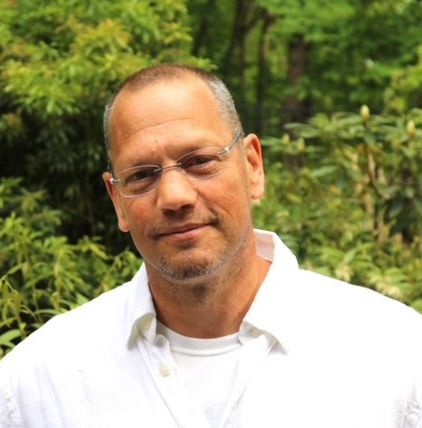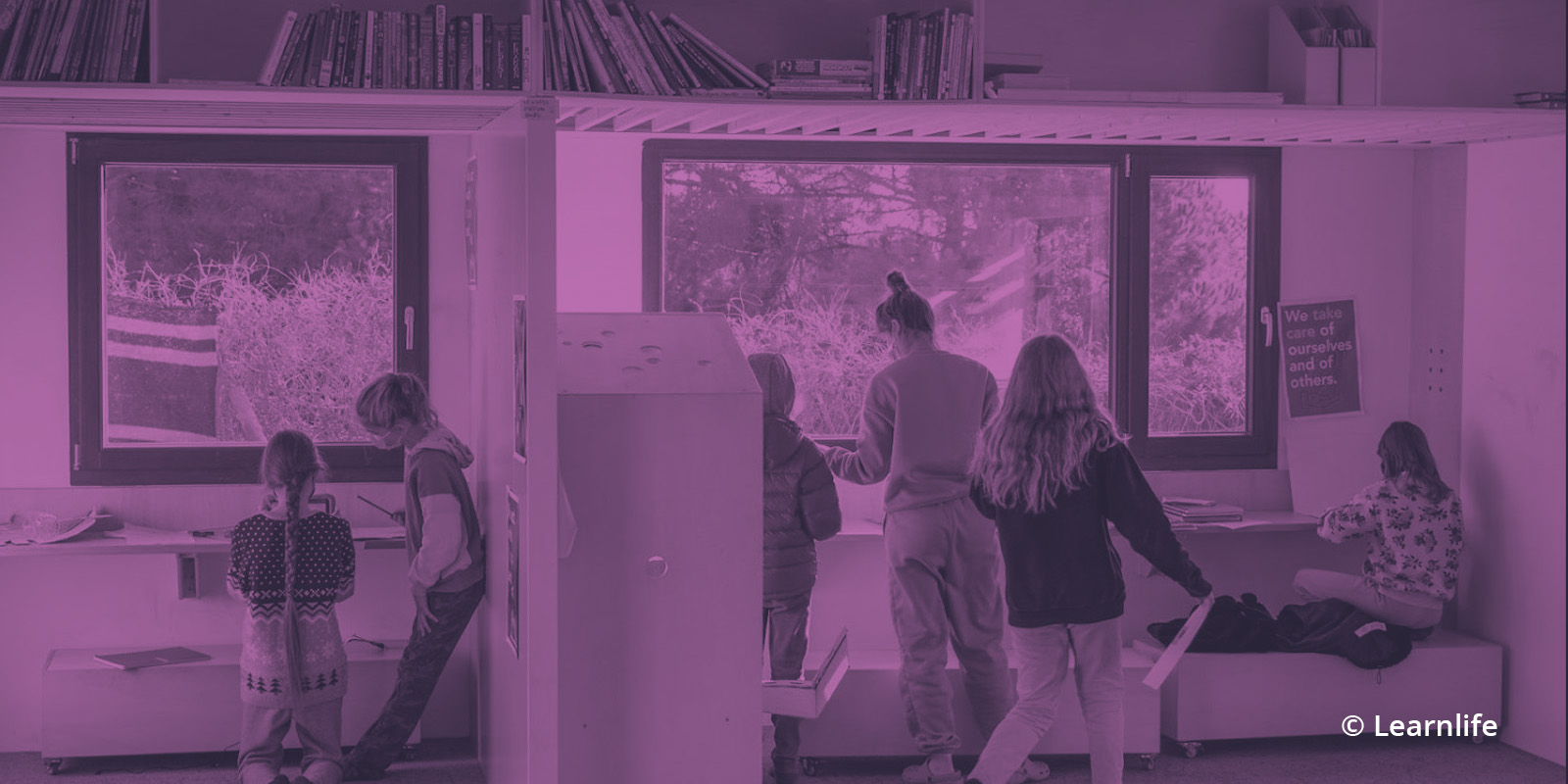by Ana Moreno Salvo

Doug Lemov (1967) holds a BA in English Philology from Hamilton College, an MA in English Philology fromIndiana University and an MBA from Harvard Business School. Founding Uncommon Schools, an institution that runs 53 public schools in the northeastern UnitedStates. The US Secretary of Education, Arne Duncan, awarded Uncommon Schools’ North Star Academyrecognition as an exemplary school. Lemov is currently a trainer and lecturer and a member of the TLACteam, which trains the best teachers worldwide. He is the author of the international bestsellers “Teach Like a Champion 3.0” (2021), “Reading Reconsidered” (2016) and “Reconnect” (2022), all published by Jossey-Bass Inc.
Interview with Doug Lemov
How do you explain the huge impact of “Teach Like a Champion” (TLAC) on teacher training? What do you believe are the main factors for success?
I think the first thing is vocabulary. Therefore, having a shared vocabulary to talk about the minor decisions we make throughout the day is very important so teachers can solve problems and be responsible for decision-making.
The second is that when we have a name for things, we can talk about them and dig deeper and study all their details. That’s why I think names are important. And because they help people break things down.
The third is that much of the advice given to teachers comes from outside teaching. I truly believe in honouring teachers by examining the solutions they have found and studying them on video and watching them over and over again. Video is an incredibly powerful tool for studying complex environments.
We must honouring teachers by examining the solutions they have found and studying them on video

Teachers leave the profession because they cannot manage a classroom the way they dream about doing. There isa lack of guidance in this. I think this is probably one reason why “Teach Like a Champion” has been helpful to teachers, because it has filled this gap with insights from real teachers.
What are the key aspects of your method?
I believe that each teacher is unique and different. We have a dim view of education if we think that we cannot train professionals to teach. In my opinion, these are the key pieces:
There is a need for a research-based model of success, both practical research, what teachers actually do, and research on learning, that is, cognitive science. I think the starting point is understanding how people learn. Once you have this, you can start to build professional development for teachers.

The starting point is understanding how people learn. After you can start to build professional development for teachers
I believe that professional development has to be integrated into school life. It has to be recurring. It has to be rigorous and active. There has to be practice. I think one of the things that is the least understood about teaching is that it is a performing profession.
It is a pleasure to meet with a small group of teachers and talk about the profession of teaching and the real challenges in the classroom.
What are the main signs of success in a high-performing classroom?
The first is what I would call frequency of thought. And one of the things needed to encode new learning and long-term memory is deliberate difficulty. You have to think a lot about things and deliberate on them to be successful. You can’t think much about things you have no prior knowledge of. So for this reflection process to work, I first have to give the students knowledge. The cognitive science community is overwhelmingly clear on this, beyond debate. You can’t think deeply about subjects you know nothing about.
The second issue is frequency of participation. So the thinking ratio must go hand in hand with frequency of participation.
The third issue is important to understand that classrooms are cultures, above all. And I have to shape the culture of my classroom. There is no default culture. There is no natural culture. I have to build a culture that changes students’ perceptions of their relationship with school and their commitment to learning. That is fundamentally what we do. We are creators of culture.
I have to build a culture that changes students’ perceptions with school and their commitment to learning

A fourth aspect is checking for understanding. The secret of teaching is knowing the difference between what we are teaching and what they are learning. I have to constantly find ways to assess learning as it is happening and to be attentive to data streams that tell me whether the students have learned.
When you talk about “creating a school culture that fosters meaning, purpose and belonging in students”, what do you mean?
Often in class a student speaks up and no one says anything after wards, which means that no one cared about what they said. And then they don’t speak up again. Students get similar messages over and over again, and they stop participating and doing something that is educationally optimal. The perception of peer norms is the greatest motivational and behavioral influence. In reality, the opportunity should be that you go to a class that challenges you to be better, where you look around and are likely to see that your peers value you and support your success.
This is one of a teacher’s main jobs. And it is very difficult to do. Students should be asked to look at each other, to try to control their bodies. They should be told that when another person is talking they should turn and look at them and try to show interest, even if they are tired. Building that culture is part of our job as teachers. It is hard and largely invisible, but it is incredibly important.

Building that culture is part of our job as teachers. It is hard and largely invisible, but it is incredibly important
In fact, the way to show them that they matter and their time matters, that you care about their progress, is to teach them, and teach them very well. You don’t teach well because you have established relationships with students, you establish relationships with students because you teach them well.








